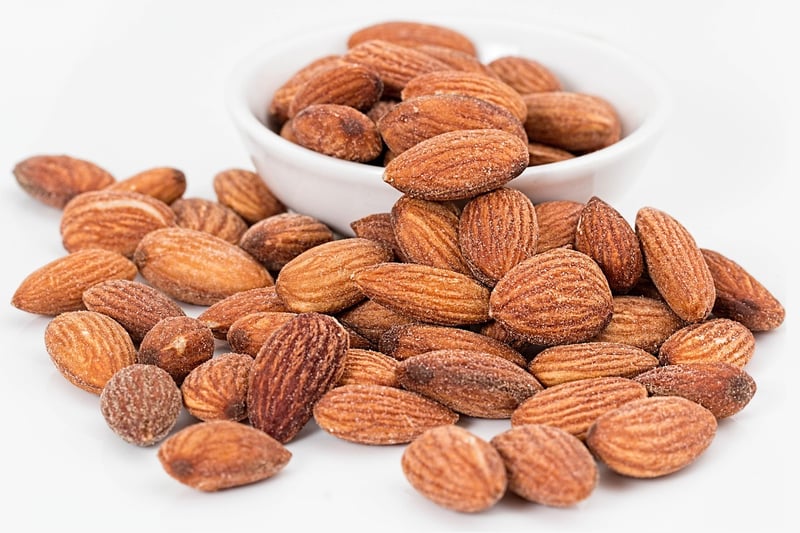Nutritional Insights
The Science Behind Food and Nutritional Insights
Food is not just something we consume for sustenance; it is a complex interplay of nutrients that fuel our bodies and impact our overall health. Understanding the science behind food and nutritional insights can empower us to make informed choices about what we eat and how it affects our well-being.
Key Nutrients in Food
Our food contains a variety of essential nutrients that are crucial for our body's functions:
- Proteins: Building blocks for muscles, skin, enzymes, and hormones.
- Carbohydrates: Main source of energy for the body.
- Fats: Important for cell structure, energy storage, and hormone production.
- Vitamins: Essential for various biochemical reactions in the body.
- Minerals: Play a vital role in enzyme function, fluid balance, and bone health.
The Science of Digestion
Once we consume food, the process of digestion begins. It involves breaking down food into smaller molecules that our bodies can absorb. The nutrients are then transported to different cells and organs to provide energy and support various bodily functions.
For example, carbohydrates are broken down into glucose, which is used as fuel by our cells. Proteins are broken down into amino acids, essential for building and repairing tissues. Fats are broken down into fatty acids, important for cell membranes and hormone production.
Understanding Food Labels
Food labels provide valuable information about the nutritional content of packaged foods. By reading and understanding food labels, we can make healthier food choices. Key things to look for on food labels include:
- Calories per serving
- Macronutrient breakdown (protein, carbohydrates, fats)
- Vitamins and minerals content
- Ingredients list
Importance of a Balanced Diet
A balanced diet is crucial for overall health and well-being. It should include a variety of foods from different food groups to ensure we get all the necessary nutrients. Some tips for maintaining a balanced diet include:
- Eating plenty of fruits and vegetables
- Including whole grains in your diet
- Choosing lean proteins like fish, poultry, and legumes
- Limiting processed foods high in sugar, salt, and unhealthy fats

Conclusion
By understanding the science behind food and nutritional insights, we can make informed choices that benefit our health in the long run. Paying attention to the nutrients in our food, how our bodies digest them, and the importance of a balanced diet can help us lead a healthier and happier life.
